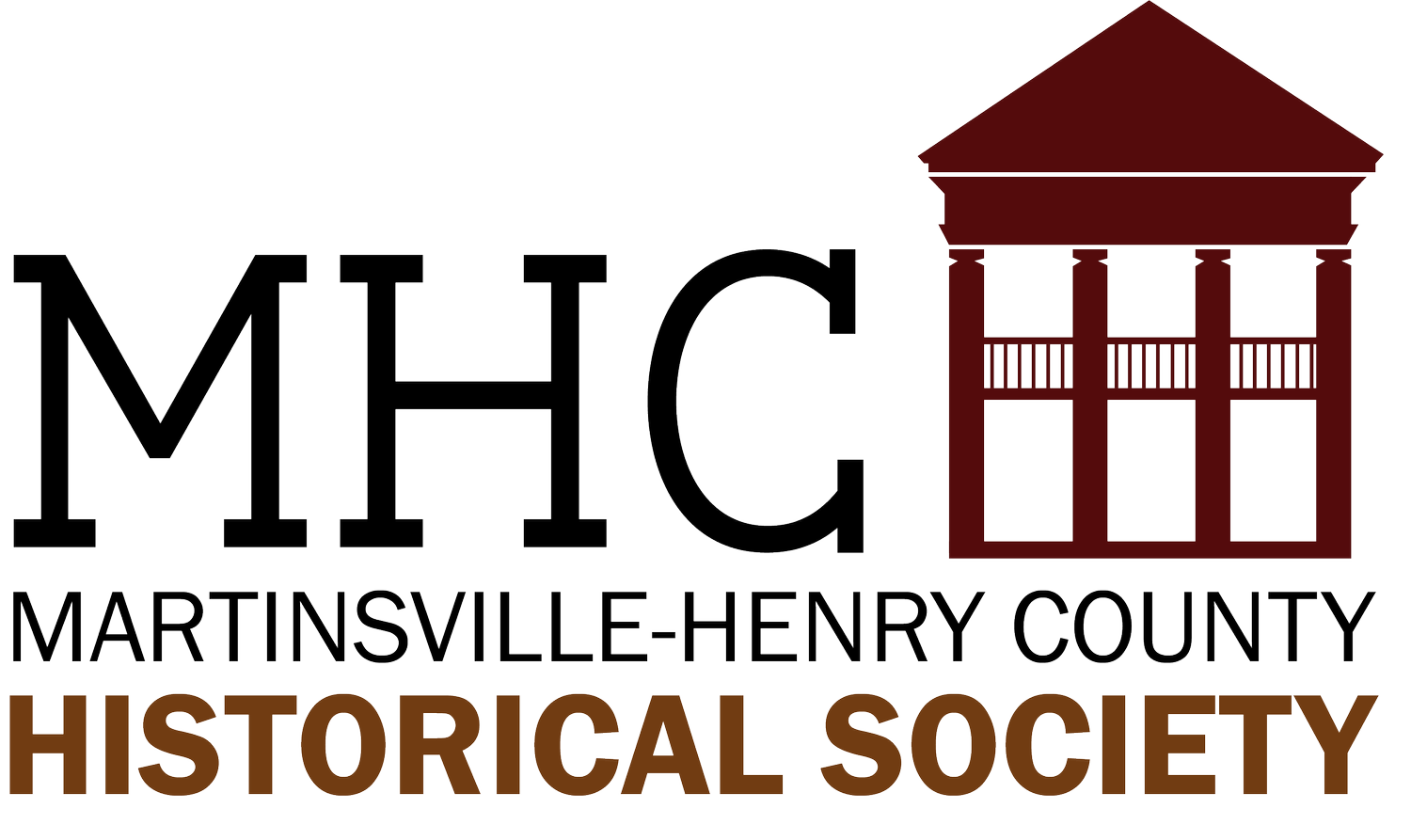April 22
By Holly Kozelsky and Pat Pion
100 Years ago – 1924
As with previous newspaper editions, the April 22, 1924 newspaper had most of its front page taken up with articles on the debate of whether or not the town should adopt the town manager form of government. In one, J.R. Smith of Martinsville had written to Judge Frank P. Christian of Lynchburg to ask his opinion on the matter; Christian had been to Martinsville a couple of times to address men’s Sunday school classes and most of the lawyers in town. Christian’s letter replied, “I opposed the city manager plan of government because I regard it as a recession from representative government to a government of men; tending to a local dictatorship or bureaucracy.”
75 years ago – 1949
For the trial of Frank Hairston Jr. [Martinsville Seven, second trial], 30 veniremen (individuals selected either to be screened as potential jurors or to actually be jurors in a case) were called. The jury was chosen as: Lester Joyce, Tillman M. Hurd, John K. Adams, George W. Branham, George G. Jefferson, E. Bogle Craig, R.M. Simmons Jr., E.E. Barker, John Ragland, J. Clyde Mitchell, Charlie Hill and J.W. Kasey, with H.S. Wells as alternate. William Hairston (black) was excused because he had been a witness in a hearing on motion for change of venue of the case; J.E. Zentmeyer, Dick Barbour and W.O. Mefford were excuses as members of the Elks Club, which had donated money toward Mrs. Ruby Stroud Floyd’s medical care.
The trial for Frank Hairston Jr. was held. Mrs. R. Stroud Floyd, 32, said he was the second of several black men who had raped her in East Martinsville the January prior. Hairston said he and Joe Henry Hampton had gone to a picture show in West Martinsville and later got together with two of the other men. He said they bought two quarts of wine at the ABC store and one of the boys had a bottle of brandy. They all drank the wine, he said and later bought another fifth. They went to their houses, had sandwiches and later regrouped. The jury deliberated for 1 hour and 40 minutes before assigning the death penalty.
President Harry Truman asked Congress to vote compulsory medical insurance as part of a national health program, the AP reported. Truman said the “traditional method” of paying for medical care “cannot meet the needs of today.” He recommended a system of government payment of medical bills, funded by special taxes.
1960
The annual Spring Furniture Market in High Point began in full after manufacturers converged on the city the day before. American of Martinsville featured a new material called Melamine, which offered amazing durability, in combination with natural grain walnut; Martinsville Novelty featured new built-in wall units in walnut; Hooker Furniture featured Italian styling; Stanley Furniture featured a new French provincial suite; Morris Novelty offered knotty pine and Early American style; Gravely Furniture expanded its offering of Danish walnut pieces.
The House passed and sent to President Eisenhower a bill providing for court-appointed referees to help black citizens exercise their voting rights.
50 years ago – 1974
Henry County Supervisors Melvin Brown of Horsepasture and Andrew Hodges of Ridgeway were threatened with bodily harm for supporting adoption of a proposed subdivision ordinance. Brown was the board chairmen who led the drive for the ordinance.
— Information from museum records and the Henry Bulletin and the Martinsville Bulletin accessed on microfilm at the Martinsville Branch Library.
